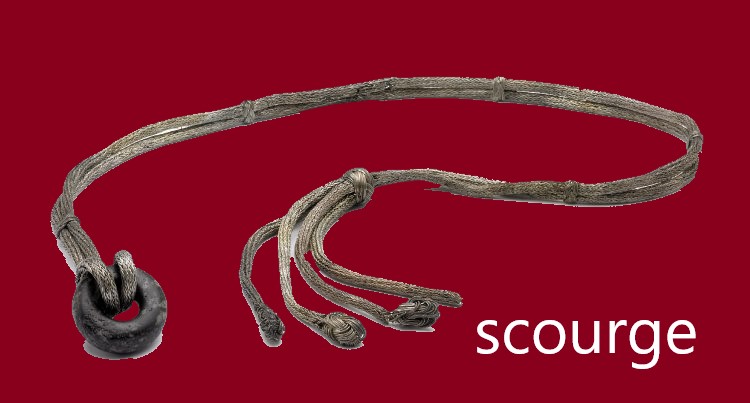Rehoboam’s Advice
In 1 Kings 12, we see the beginning of the divided kingdom of Israel. Rehoboam succeeded Solomon as king and is faced with a request from God’s people. They told him that his father made their yoke heavy, and they asked for relief from these burdens. Rehoboam consulted two groups of advisers. First, he asked the elders who advised his father. They said, “If you will be a servant to these people today, and serve them, and answer them, and speak good words to them, then they will be your servants forever” (1 Kings 12:7). He then spoke to the young men that he had grown up with. They said to tell the people, “I will add to your yoke: my father chastised you with whips, but I will chastise you with scourges!” (1 Kings 12:11). Rehoboam chose the advise of the young men, and the northern ten tribes left the kingdom to form their own.
In these two statements, we see two different ways for leaders to exercise power. First, one may be a servant. This is the path of humility. Second, one may dictate demands. This is the path of forced compliance. The path of humble service generates love from those we serve and produces fruitful relationships. The path of forced compliance creates an atmosphere of fear and hostility and produces division. The result of Rehoboam’s choice divided the kingdom of Israel forever, and had eternal consequences. We would do well not to follow such advice today. When we look at the life of Jesus, however, we learn that the path of humility and service is the right advice to follow. Jesus’ love and compassion demonstrated that He was the Good Shepherd. Philippians 2:5 states, “Let this mind be in you that was in Christ Jesus.”
God bless you, and I love you.
Kevin Cauley

